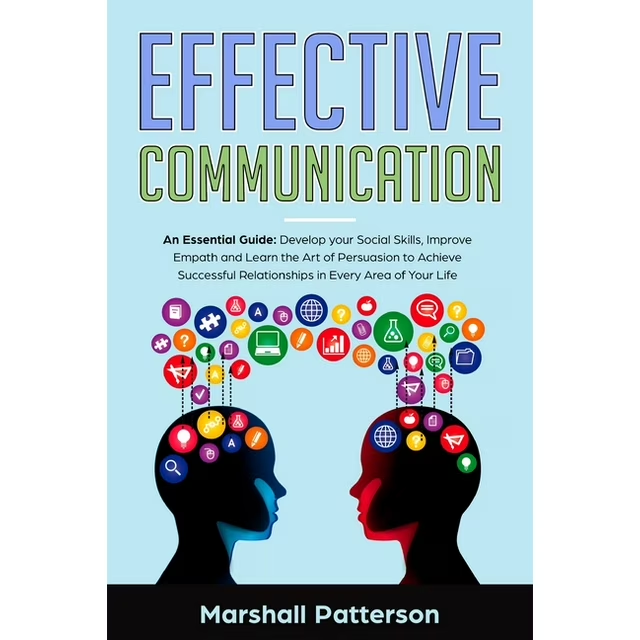We may receive compensation when you click on product links from our partners. For more information, please see our disclosure policy.
Different professions require unique skill sets. Engineers excel at thinking in three dimensions, accountants are analytical, and
Do you have what it takes to become a lawyer? It’s essential to evaluate your strengths, weaknesses, and personality traits. Becoming a lawyer is no easy feat, and it takes more than just a good memory and a way with words. Consider if you have the necessary skills and traits, including critical thinking, persuasive communication, and an unwavering commitment to justice. If you have these qualities and are willing to work hard, a career in law may be the right fit for you.
You need good communication skills
Effective communication is a vital aspect of a successful legal career. A good lawyer speaks confidently, writes well, and listens actively. Building strong relationships with clients, colleagues, and opponents requires attentive listening and effective responses. Effective communication also entails adapting your style to suit different audiences and situations. A lawyer who can communicate complex legal concepts in a way that non-lawyers can understand and connect with people from diverse backgrounds has an edge in the legal field.
Joining a debate club is an excellent way to develop your existing
Give yourself a real advantage in your job search with Resume.io — the best online resume maker: created by experts, improved by data, and trusted by millions of professionals. Easy to use and complete within minutes. Try it now for free!
You need good judgment
The ability to draw logical and reasonable conclusions from available information, regardless of its quantity, is crucial for success in any profession. In law, this skill is especially important, as it allows you to defend your arguments effectively. Moreover, it is essential to critically analyze your conclusions, identifying and addressing any weaknesses in your reasoning. By honing this skill, you can become a more effective and persuasive advocate, capable of presenting airtight arguments that withstand critical examination.
Are you destined for a legal career? Find out now with our quiz and unlock your legal aptitude potential! #lawyer #legalcareer #aptitudequiz #careerdevelopmentClick To TweetThat same skill – spotting flaws – is also vital if you’re to win against your opponent in court. Another important personality trait is decisiveness because things can sometimes move very fast and you need to make rapid judgment calls.Sometimes there’s more than one conclusion that can be drawn from the available evidence and so you’ll need to be able to choose the best or most appropriate one.
Strong analytical skills
To succeed in law, you must be able to process vast amounts of information, comprehend it, and distill it into a concise and easily digestible form. This skill is essential for studying and practicing law, enabling you to communicate complex legal concepts effectively.
115 Techniques to Connect With People by Mastering the Power of Words. Build Better Relationships by Conveying Your Message With Skill, Clarity, and Eloquence
Whether you’re preparing for a case, drafting a contract, or writing a legal brief, the ability to simplify and clarify information is critical. By mastering this skill, you can become a more efficient and effective legal professional, capable of providing valuable insights to your clients and colleagues.
Good researching skills
When you’re preparing a case, you need to be able to perform rapid research in order to understand what your client needs, as well as to understand legal precedents and to prepare your arguments and strategies.
Great people skills
So far, it’s all been about information, logic, and decision-making, but another essential ingredient to becoming a lawyer is to have good people
You must be tenacious
Embarking on a legal career requires tremendous perseverance and stamina, as the path to becoming a lawyer is rigorous and demanding. Typically, it involves obtaining an undergraduate degree in law, followed by completing the Legal Practice Course (LPC), and securing a
You also need room for some creativity
In addition to analytical and logical
A career as a lawyer is an exciting one! But do you really know what it takes to become one? This book takes you inside the career and shows you the day and the life of a lawyer.






